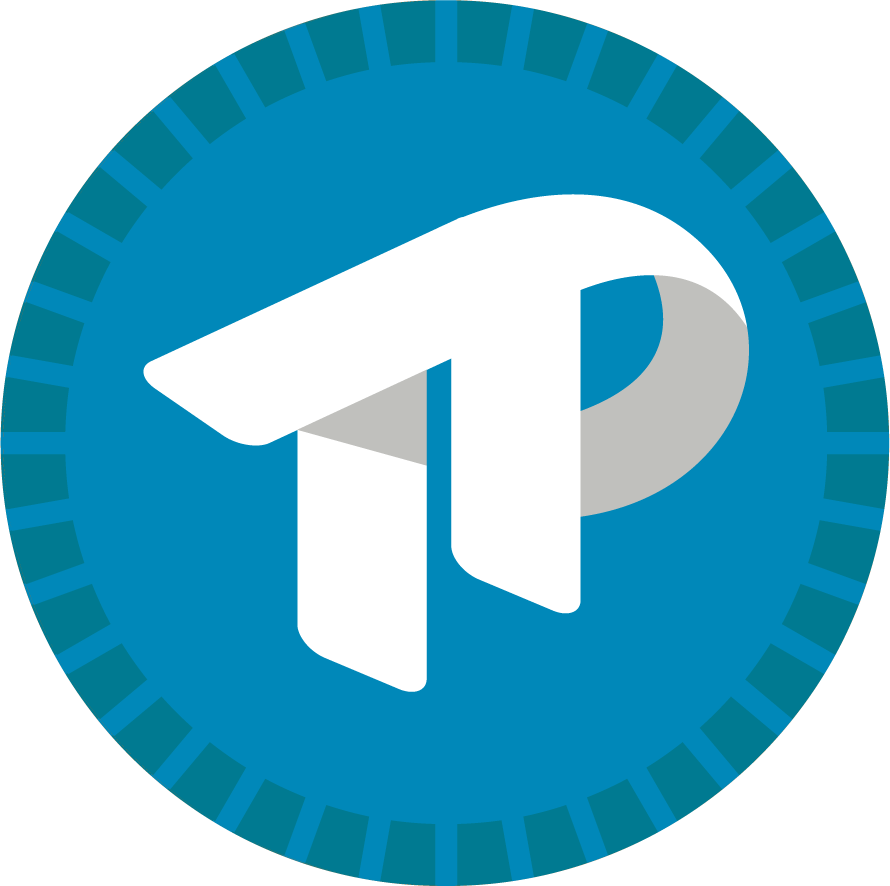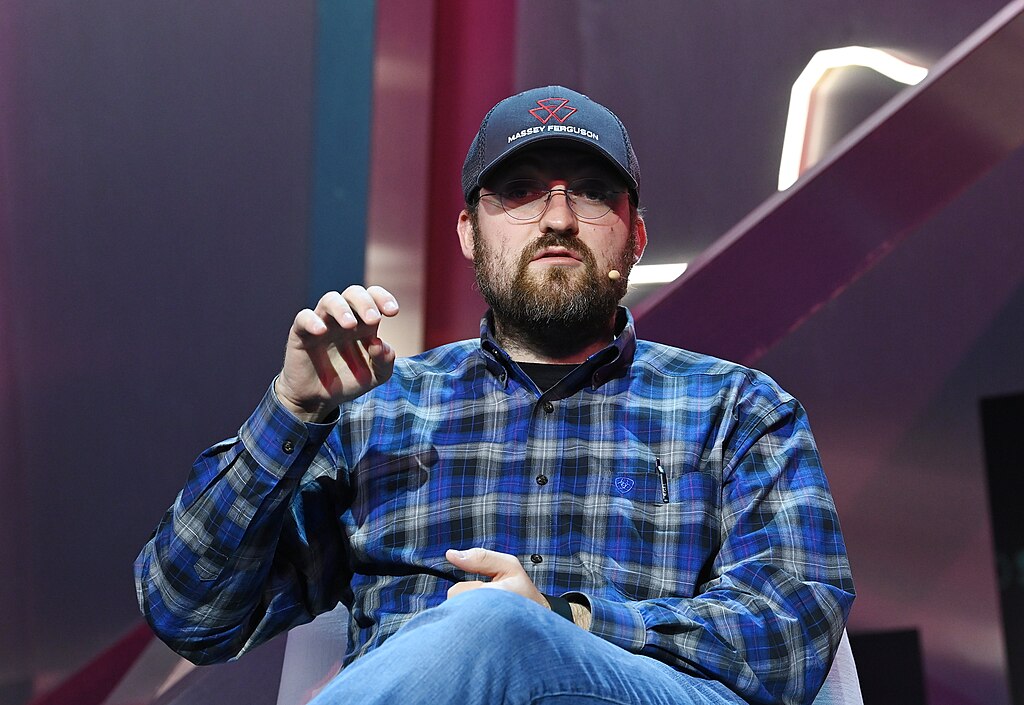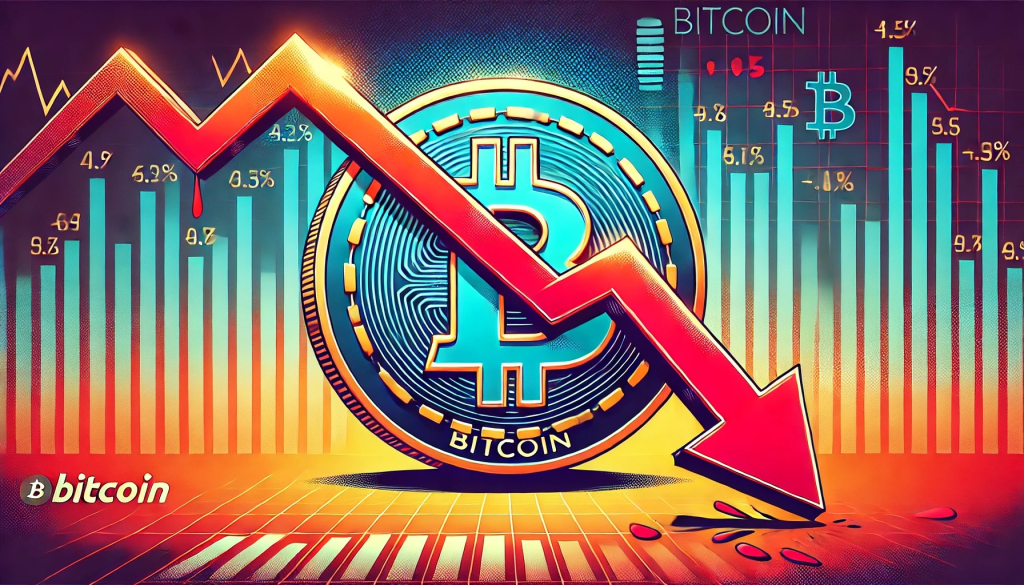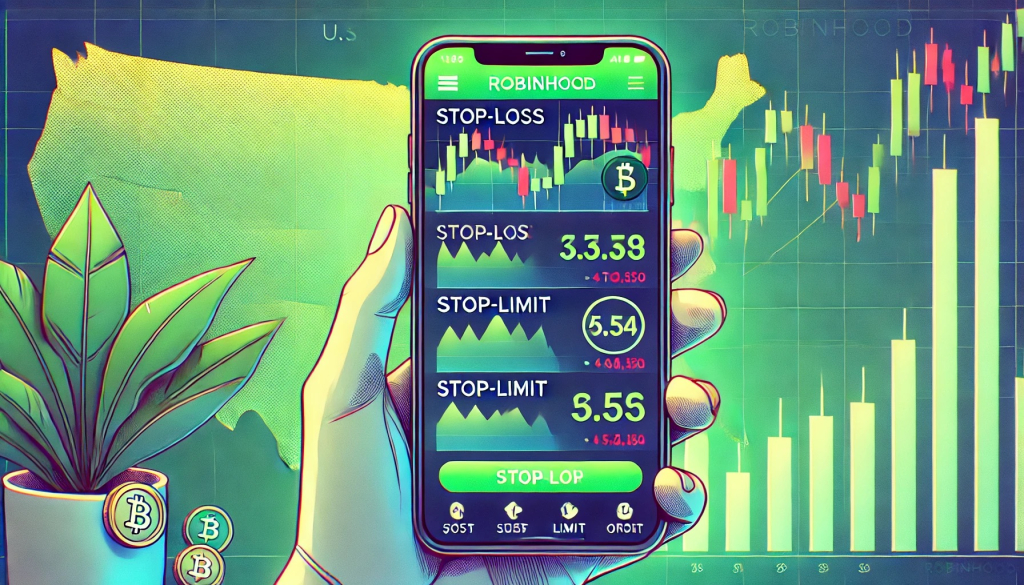Asset managers overseeing trillions in private equity, credit, and real assets are embracing blockchain and tokenization to modernize outdated infrastructure and engage next-gen investors. Despite their investment sophistication, many firms still rely on manual systems—spreadsheets, emails, and PDFs—for managing investor data, capital calls, and fund reporting. Blockchain offers a much-needed upgrade: a real-time, shared ledger for all stakeholders, reducing errors, delays, and costs.
Smart contracts can automate complex processes like distributions and waterfall logic. Tokenized fund shares allow instant settlements using stablecoins and offer real-time yield tracking. These improvements streamline operations, reduce friction, and increase transparency across the fund lifecycle. Beyond back-office enhancements, blockchain unlocks entirely new financial products that were previously impossible.
Tokenized private credit funds, like those from Apollo and Franklin Templeton, are already live and interoperable across blockchains, offering fractional ownership and secondary market liquidity. BlackRock’s tokenized money market fund has surpassed $2.5 billion AUM, underscoring growing adoption. These digital-native structures improve accessibility while preserving compliance and security.
Innovators like Veda Labs are pushing boundaries with programmable on-chain vaults—self-executing smart contracts that automate DeFi strategies, embed fee structures, and deliver transparent, verifiable returns. These products outperform traditional wrappers in speed, auditability, and automation.
Blockchain isn’t a threat—it’s an upgrade. For asset managers, it's a path to cleaner operations, smarter products, and greater investor trust. The infrastructure is ready, the use cases are proven, and firms that wait risk falling behind. Now is the time to build the future of asset management—on-chain, real-time, and at scale.

























Comment 0